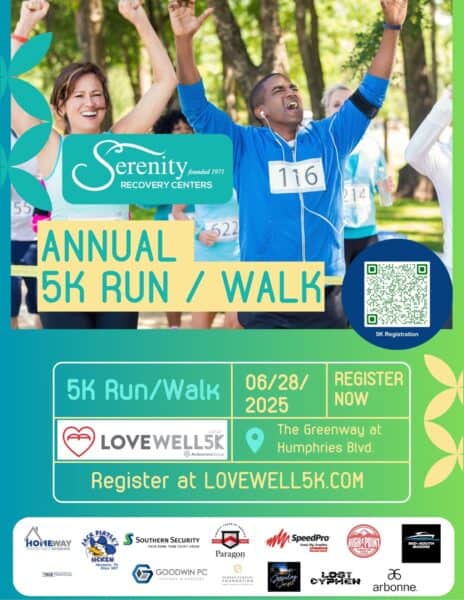Relapse prevention is a crucial component of long-term recovery from addiction. Understanding your personal triggers and developing effective coping strategies can make the difference between maintaining sobriety and experiencing a setback. In this comprehensive guide, we’ll explore how to identify triggers and build a robust toolkit of coping mechanisms.
Understanding Triggers
Triggers are stimuli that create urges or cravings related to substance use. They can be external (environmental factors, situations, or people) or internal (emotions, thoughts, or physical sensations). Recognizing and understanding your triggers is the first step toward developing effective prevention strategies.
Common External Triggers
- People or places associated with past substance use
- Stressful work or family situations
- Social events where substances are present
- Financial difficulties
- Environmental cues (such as seeing drug paraphernalia)
Common Internal Triggers
- Negative emotions (anger, sadness, loneliness)
- Stress and anxiety
- Physical discomfort or pain
- Memories of past experiences
- Feelings of boredom or emptiness
Developing Your Trigger Awareness
Self-awareness is essential in identifying personal triggers. Keep a trigger journal to track situations, emotions, and thoughts that create cravings. Note patterns and common themes that emerge. This information becomes invaluable in creating your personalized prevention plan.
Building Effective Coping Strategies
Once you’ve identified your triggers, it’s time to develop and implement coping strategies. These tools help you manage triggers and maintain recovery when challenging situations arise.
1. Mindfulness and Grounding Techniques
Mindfulness practices help you stay present and aware of your thoughts and feelings without acting on them. Simple techniques like deep breathing exercises, meditation, or the 5-4-3-2-1 grounding method can help manage overwhelming emotions and cravings.
2. Healthy Lifestyle Changes
Physical health directly impacts mental well-being. Regular exercise, proper nutrition, and adequate sleep create a strong foundation for recovery. These healthy habits also provide natural stress relief and mood regulation.
3. Building Support Networks
Strong support systems are crucial for maintaining recovery. This includes:
- Regular attendance at support group meetings
- Maintaining connections with sponsors or mentors
- Building relationships with sober friends
- Engaging with family members who support your recovery
- Working with mental health professionals
4. Developing Healthy Coping Skills
Replace old coping mechanisms with healthy alternatives:
- Creative activities (art, music, writing)
- Physical exercise and outdoor activities
- Stress-management techniques
- Hobby development
- Volunteering or helping others
Creating Your Relapse Prevention Plan
A written relapse prevention plan serves as your personal roadmap to maintaining recovery. Include:
- List of identified triggers
- Early warning signs of potential relapse
- Specific coping strategies for different situations
- Emergency contacts and resources
- Daily maintenance activities
The Role of Professional Support
Working with addiction specialists and mental health professionals can provide additional tools and insights for relapse prevention. They can help you:
- Identify underlying issues contributing to addiction
- Develop personalized coping strategies
- Process trauma and complex emotions
- Learn cognitive-behavioral techniques
- Address co-occurring mental health conditions
Technology and Recovery Tools
Modern technology offers various tools to support recovery:
- Recovery tracking apps
- Meditation and mindfulness apps
- Online support communities
- Telehealth services
- Crisis intervention hotlines
The Importance of Self-Compassion
Remember that recovery is a journey, not a destination. Practice self-compassion and understand that setbacks can be learning opportunities. Focus on progress rather than perfection, and celebrate small victories along the way.
Taking Action: Your Next Steps in Recovery
At Serenity Recovery Centers, we understand that every individual’s journey to recovery is unique. Our experienced team of professionals is here to support you in developing personalized strategies for maintaining long-term sobriety. Whether you’re just beginning your recovery journey or seeking additional support to prevent relapse, we’re here to help. Contact us today to learn more about our comprehensive recovery programs and relapse prevention services.
